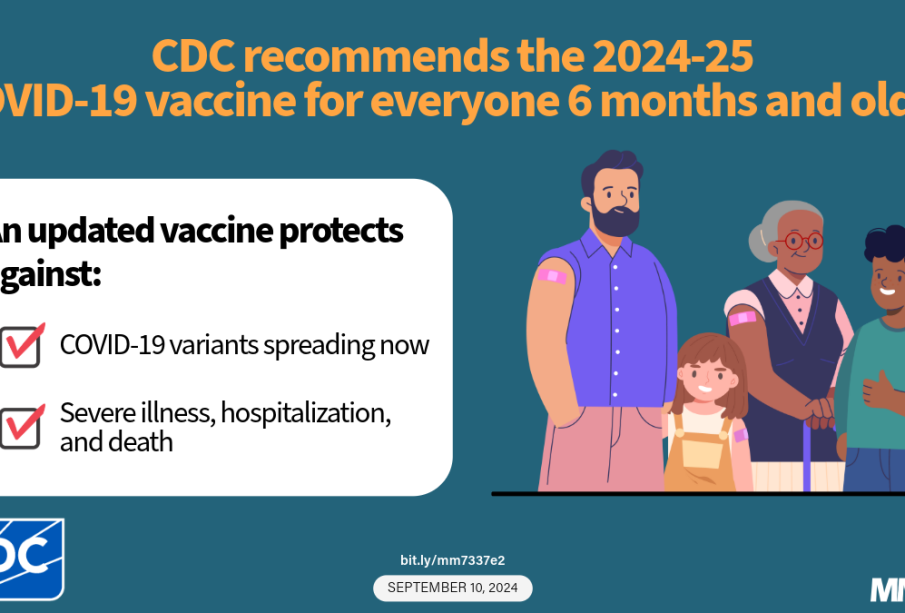Looking Ahead: The COVID Vaccine in 2025

The Importance of COVID Vaccines
The COVID-19 pandemic has reshaped global health strategies, highlighting the critical role of vaccines in controlling infectious diseases. As we approach 2025, understanding the future of COVID vaccines remains essential not only for public health but also for economic stability and social well-being.
Current Vaccine Landscape
As of October 2023, multiple COVID-19 vaccines have received emergency use authorisation and full approval globally, including those from Pfizer-BioNTech, Moderna, AstraZeneca, and Johnson & Johnson. These vaccines have proven effective in reducing the severity of illness and hospitalisation rates. However, new variants of the virus continue to emerge, raising questions about vaccine efficacy and the need for updated formulations.
The Road to 2025
Experts anticipate significant advancements in vaccine technology by 2025. Research is heavily focused on developing bivalent and multivalent vaccines, which target multiple strains simultaneously. Additionally, the potential for mRNA technology to address other infectious diseases is being explored, which may lead to innovative vaccine platforms that enhance immunisation efforts.
Global Vaccination Efforts
The World Health Organization (WHO) and other public health agencies are actively working towards achieving widespread vaccination. Current projections suggest that by 2025, many regions will have made substantial progress in vaccinating their populations, although inequalities in access remain a concern. Global vaccination campaigns will be vital in achieving herd immunity and controlling future outbreaks.
Potential Challenges Ahead
Despite advancements, challenges remain, including vaccine hesitancy and logistical issues in distribution, particularly in low-income countries. Public health officials are prioritising education and outreach strategies to combat misinformation and promote vaccine uptake. Furthermore, ongoing surveillance for new variants is critical to inform updates to vaccine formulations.
Conclusion: Significance for Readers
For individuals, families, and communities, staying informed about the progression of COVID vaccines into 2025 is crucial. As new vaccines, variants, and public health strategies emerge, being proactive about health and vaccination can contribute significantly to personal and collective well-being. Anticipating changes and adaptations within the vaccine landscape will empower communities to navigate the future effectively.









